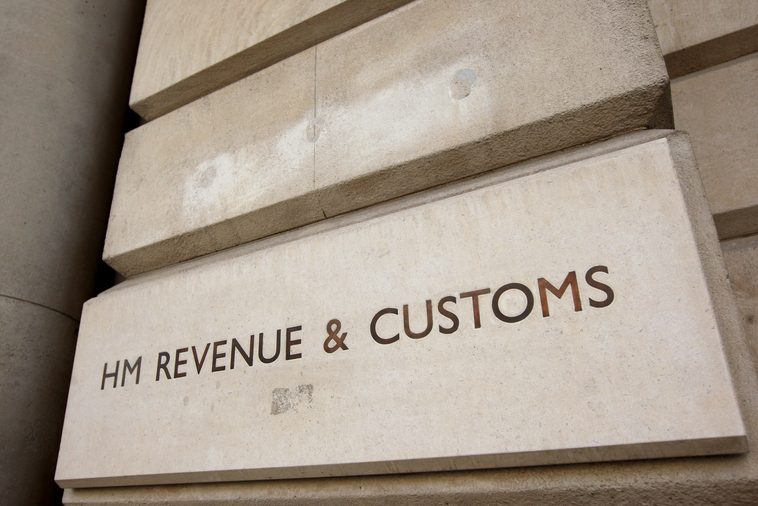HM Revenue and Customs (HMRC) has recently announced that it intends to incentivize whistleblowers to pass on information about large-scale tax avoidance schemes (of the type often employed by major corporations). I see this as a concerning shift in policy that risks confusing distinctions in UK tax law.
While combatting tax evasion is of unequivocal importance, this initiative appears to be conflating legal tax avoidance with the criminal offence of tax evasion.
As an experienced asset recovery lawyer who has dedicated his career to fighting corruption and ensuring legal clarity and probity, I consider this a problematic move by HMRC, potentially setting a troubling precedent in tax enforcement.
The Treasury minister who made the announcement, Nick Murray, appears to have drawn inspiration directly from the American and Canadian whistleblower reward systems. Both these jurisdictions, particularly the United States, have established frameworks whereby whistleblowers are financially rewarded for exposing illegal financial conduct, including fraud, money laundering and tax evasion.
This initiative appears to be conflating legal tax avoidance with the criminal offence of tax evasion
The UK legislative framework has, until now, been explicit: prosecuting authorities wishing to indict those engaged in such activities must prove dishonesty. If tax avoidance is legal, there can be no dishonesty.
HMRC’s proposal, to reward disclosure relating specifically to lawful tax avoidance, risks promoting uncertainty and undermining legitimate tax planning. Indeed, if one is to put this into the context of company law, directors who fail to ensure a corporate entity’s tax efficiency may be considered to have failed in their duties as a director: maximizing tax efficiency is lawful and routinely practiced by many UK businesses and individuals.
I wholeheartedly support the rewarding of whistleblowers, of course. I have advocated on their behalf over many years and my colleague, Tony McClements, our Head of Investigations, has written many times on the subject. From a professional standpoint, I have witnessed first hand the value whistleblowers add in exposing hidden financial wrongdoings. Yet I believe that incentivizing whistleblowers to target lawful tax planning practices is inherently problematic.
Encouraging whistleblowers to target lawful tax avoidance will undoubtedly create an environment of suspicion within businesses, leading to needless hostility and potentially damaging corporate operations and reputations.
Tax avoidance strategies, while controversial, are ultimately designed within existing legal parameters
Those who disagree will likely point to Canada and the US, noting successful recovery of billions in lost revenues. Nick Ephgrave of the UK’s Serious Fraud Office (SFO), as well as advocates from the National Whistleblower Center in the United States, have emphasized the importance of financial incentives for whistleblowers, arguing that these help encourage high-quality disclosures of genuine criminal activity.
All this said, the critical issue in the UK remains the legality of the conduct targeted. Tax avoidance strategies, while controversial, are ultimately designed within existing legal parameters. Thus the new initiative is an unnecessary and concerning shift (away) from targeting explicitly criminal conduct.
Furthermore, implementing a whistleblower programme aimed at lawful conduct could also invite misuse. Businesses will be rightly concerned that financially-motivated whistleblowers may lodge frivolous or malicious claims. If these reports were targeted at illegal tax evasion, the companies concerned would be required to clear their names, and rightly so.
But if what you are doing is legal, what is the point? The FCA rejected the notion of incentive-based whistleblower programmes precisely due to the backlash from the business community.
This latest HMRC scheme is effectively using subjective moral judgments about legitimate tax management to initiate investigations
I accept that every person, every business, should pay taxes commensurate to their earnings. However, this latest HMRC scheme is effectively using subjective moral judgments about legitimate tax management to initiate investigations, rather than actions which are illegal.
I also accept that tax avoidance may deprive public services of critical funding. If this is the case, politicians should change the law and manage tax avoidance schemes. By targeting legitimate tax avoidance tactics, HMRC is seeking to criminalize lawful practices via the back door.
Critically, in jurisdictions like the US, such incentives are explicitly tied to illegal activities, rather than lawful financial practices. If HMRC proceeds with this policy, it must demarcate lawful tax planning from criminal tax evasion to avoid undermining its credibility. Otherwise this new initiative risks becoming a tool for bullyboy tactics.
Ultimately, while HMRC’s intention to tackle serious tax misconduct deserves our support, rewarding whistleblowers specifically for information on lawful tax avoidance is misguided. Rather than incentivizing informants targeting legal tax efficiency, HMRC should instead focus on criminal tax evasion. This is a crime that unequivocally warrants aggressive action.
Martin Kenney is Head of Firm at MKS Law, an asset recovery litigation practice based in the BVI.













